Thinking Computationally about Psychology and Human Sociality
Dan Conroy-Beam, Ph.D.
CBSR Affiliated Faculty
Department of Psychological and Brain Sciences
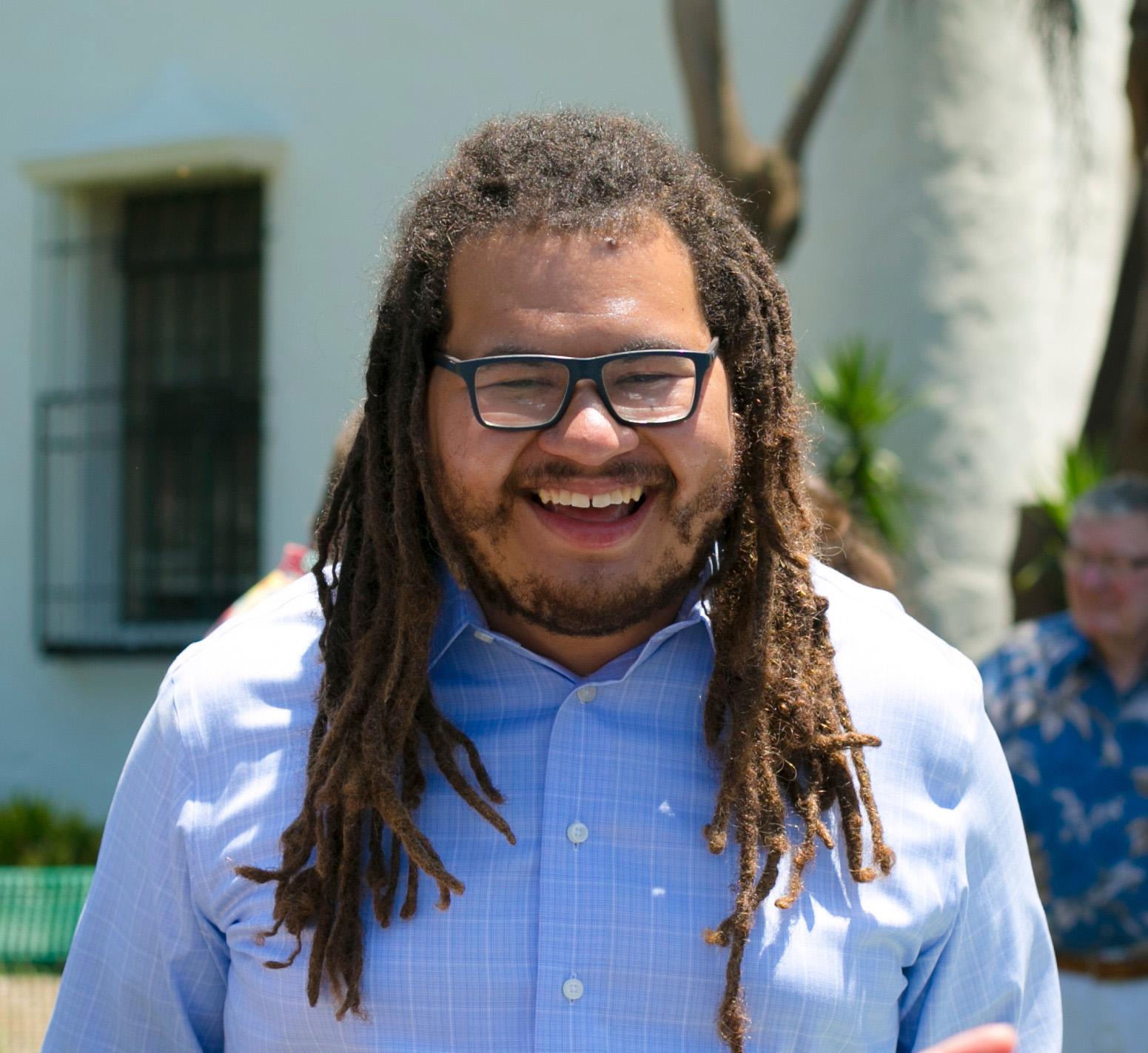
Dan Conroy-Beam is an Associate Professor in the Department of Psychological and Brain Sciences at the University of California, Santa Barbara. He joined UCSB after receiving his PhD from the University of Texas at Austin in 2016. Dan's work combines computer simulations with behavioral data to understand how our psychologies create and navigate complex social systems. He primarily works in the area of romantic relationships (e.g., how do people choose their romantic partners? How do they navigate their relationships once initiated?), but he has also worked on topics spanning from friendship, to religion, to racial discrimination. Dan is also an enthusiastic teacher and mentor and loves empowering diverse students with the knowledge and skills to think computationally about psychology and human sociality.
Attaining Healthcare Equity through the Use of Smart Healthcare Technologies and Data Science
Ebenezer Larnyo, Ph.D
CBSR Postdoctoral Scholar
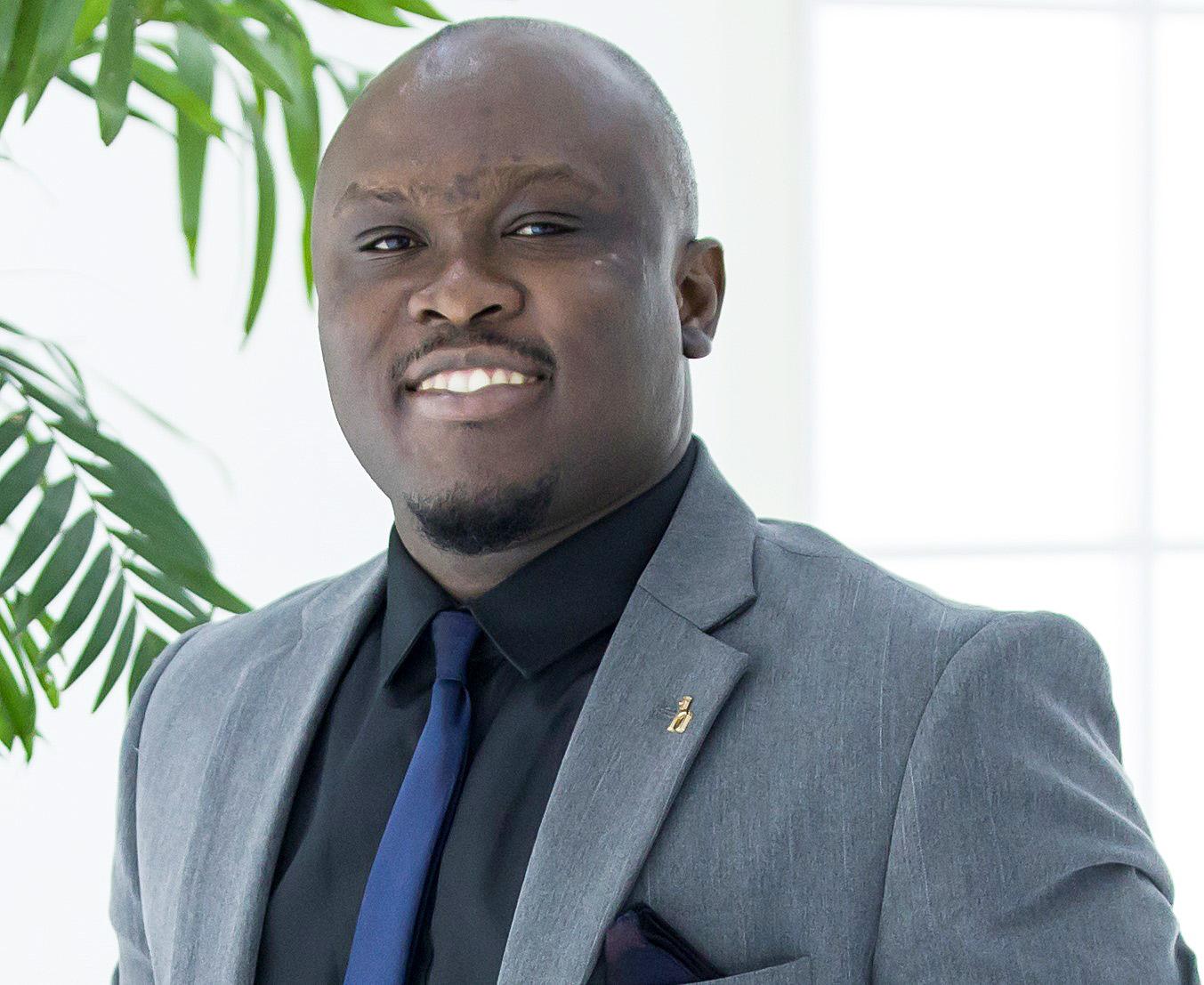
Dr. Ebenezer Larnyo is a Postdoctoral Scholar at the Center for Black Studies Research at the University of California, Santa Barbara. He holds a Ph.D. in Management Science and Engineering from Jiangsu University and an MSc in Computer Science and Technology from Jiangsu University of Science and Technology, both in Zhenjiang, China. Before joining CBSR at UCSB, he was a Postdoctoral Research Fellow at the Department of Health Policy and Management at Jiangsu University, Zhenjiang, China.
His research broadly focuses on leveraging healthcare technologies and applied data science and analytics to improve quality of life, access to personalized healthcare, and reduce the burden of chronic diseases among the aged, people with cognitive impairment, and other socioeconomically disadvantaged groups in minority communities and Sub-Saharan Africa.
Some of his recent works borders on modeling the complex relationship between the actual use behavior of healthcare wearable devices and the quality of life of people with dementia and using nationally representative population-based data across low- and middle-income countries to predict how the disparities in socioeconomic status (SES) and other risk factors such as lifestyle and chronic diseases affect the cognitive functioning of adults in those countries.
To Discover and Study Elementary Particles
Joseph Incandela, Ph.D.
CBSR Affiliated Faculty
Pat and Joe Yzurdiaga Chair in Experimental Science
Distinguished Professor
Department of Physics
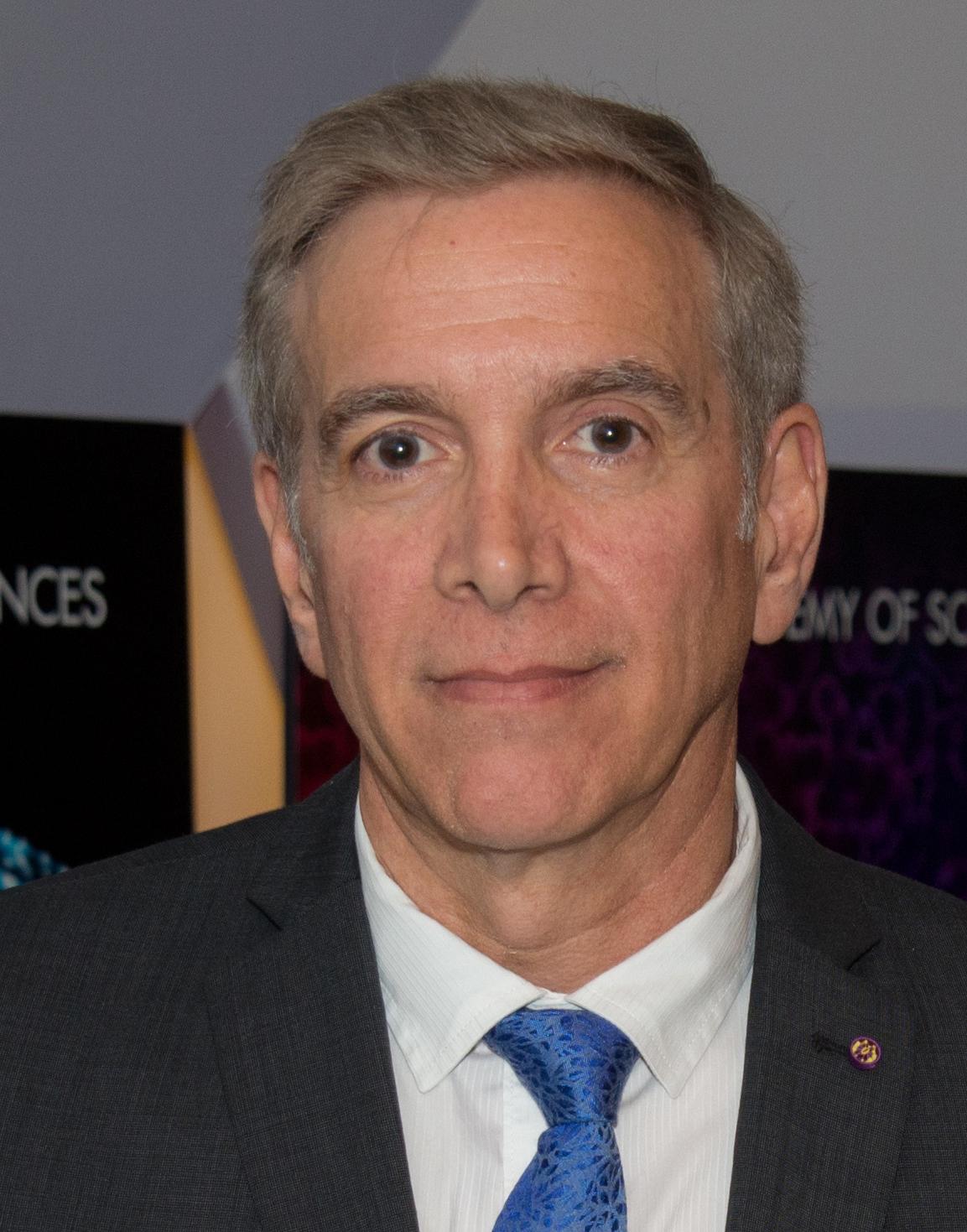
Joe Incandela’s research has primarily focused on using high energy particle colliders to produce and study elementary particles that do not appear in our day-to-day life but determine the key characteristics of our universe such as why matter, but virtually no antimatter is found in nature. Joe's group is currently involved in the CMS experiment at the CERN Large Hadron Collider and the LDMX dark matter experiment to be operated at the Stanford LCLS-II Accelerator Complex. For both experiments he is developing high granularity silicon-tungsten devices that will greatly enhance accessible information to make possible searches for new particles and the ability to carry out precision measurements of their properties. Joe is an enthusiastic mentor of underrepresented minorities and first generation students in laboratory studies and data analysis in particle physics and particle detectors with his group.
How Eco-Hydrologic Systems are Altered by Changes in Land Use and Climate
Naomi Tague, Ph.D.
CBSR Affiliated Faculty
Bren School of Environmental Science and Management
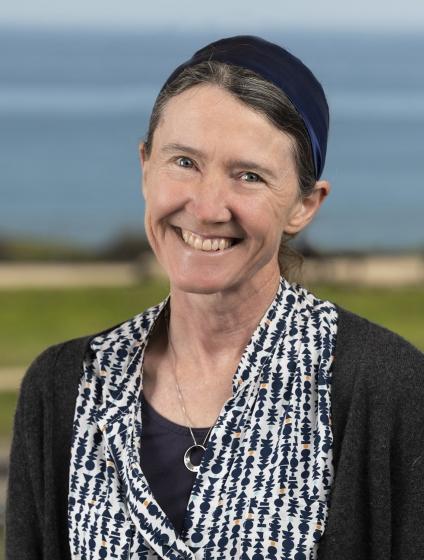
My research uses advanced data science techniques to understand ecohydrology in a rapidly changing world. I am interested in how water availability is changing for both people and for plants – and how this impacts things we care about: fires, floods, droughts, ecosystem health, groundwater and rivers in the landscapes that we live in. Much of my research involves designing advanced simulation models that integrate data from multiple sources including field and lab experiments and data from remote sensing technologies. These models are ‘virtual laboratories’ that we can use to explore ‘what-if’ scenarios with best available science. In these labs, we can ask ‘what will happen to water supply from snow-dominated mountain watersheds as climate warms”, “how do different vegetation types in green infrastructure effect water and nitrogen cycles”, “how do fuel treatments influence fire severity”. And a wide range of other questions related to environmental change. A recent focus in my group has been on linking earth system models with interactive visualization tools to facilitate science transfer, learning and communication.
How can we return a functional form of sight to people who are living with incurable blindness?
Michael Beyeler, Ph.D.
CBSR Affiliated Faculty
Department of Computer Science
Department of Psychological and Brain Sciences
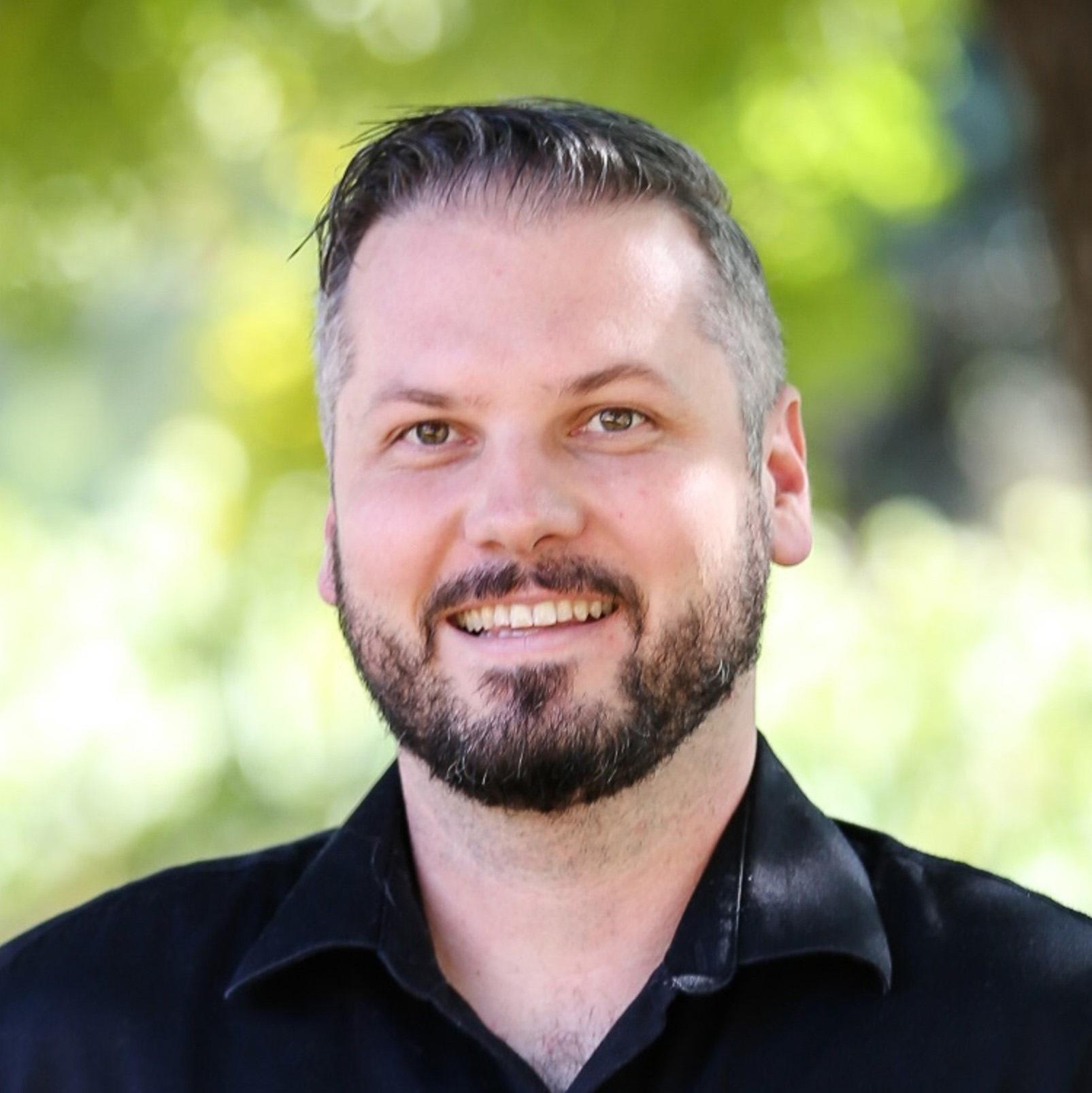
Michael Beyeler is an Assistant Professor in the Departments of Computer Science and Psychological & Brain Sciences. He directs the Bionic Vision Lab, an interdisciplinary group of researchers interested in the computational modeling of human, animal, computer, and prosthetic vision to elucidate the science behind bionic technologies that may one day restore useful vision to people living with incurable blindness. His group combines expertise in computer science/engineering, neuroscience, and psychology. Research projects in the lab range from predicting neurophysiological data with deep learning to building biophysical models of electrical brain stimulation, and from studying perception in people with visual impairment to developing prototypes of novel visual accessibility aids using virtual and augmented reality.
Using Natural Language Processing (NLP) Techniques to Evaluate Essential Subjects in Engineering Curricula
Rick Zheng
Data Science Intern
Department of Statistics and Applied Probability
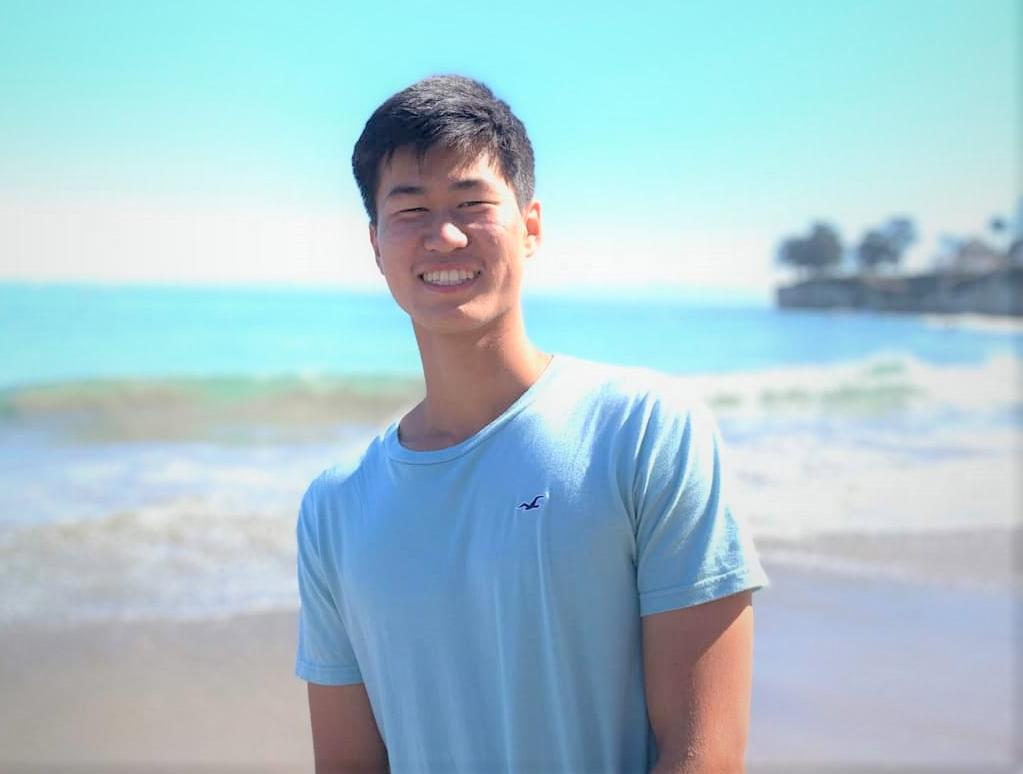
Center for Black Studies Research Student Engagement & Enrichment in Data Science (SEEDS) alumni, Rick Zheng, is driven by his passion for generating data visualizations and data-driven problem-solving. During the Summer of 2022, he was selected to be an Edison Scholar to do his research on using Natural Language Processing methods for identifying major subjects within engineering curricula. The visualized results are being cross-functionally used to analyze user preferences to generate recommendations for designing engineering courses.
Using Reddit to Understand the Health Information Needs for Older Adults with Dementia: A Machine Learning Approach
Karim Benyassine
Undergraduate SEEDS Fellow
Department of Computer Science
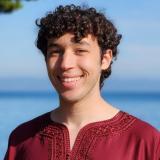
Karim Benyassine is a senior studying Computer Science at UCSB and a SEEDS fellow. During the 2023-2024 school year he leveraged deep learning and social media to research older adults with dementia. His findings can inform the development of tailored interventions to meet the evolving needs of this population.
Seeing Beyond: A Dialogue Between Implant Users and Innovators for Future Visual Prosthetics
Fatima Aguilar
Undergraduate SEEDS Fellow
Department of Sociology, Department of English
Nancy Mahmoud
Undergraduate SEEDS Fellow
Department of Psychological & Brain Sciences
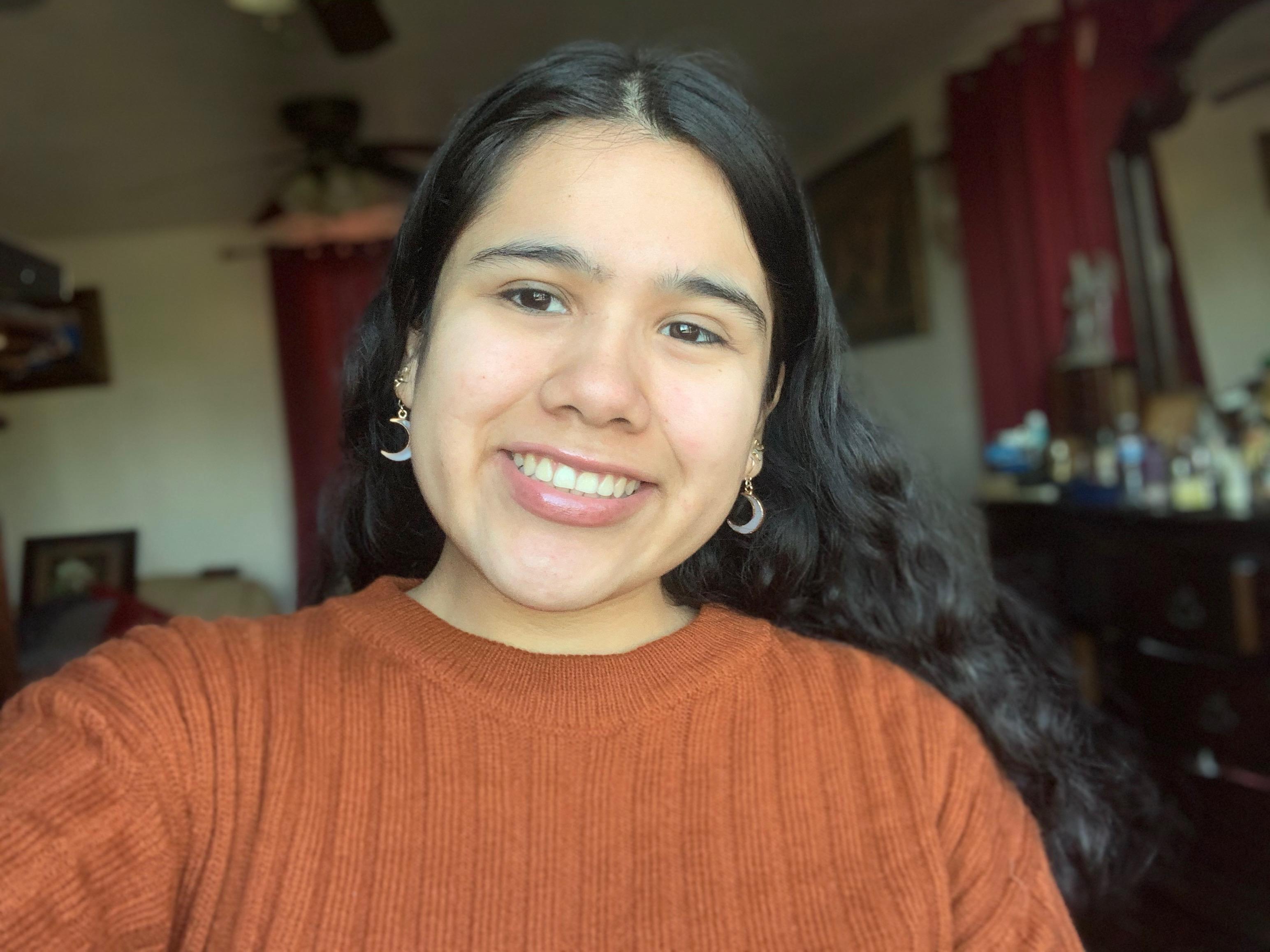
Fatima Aguilar is an upcoming graduating senior majoring in Sociology and English, with minors in Spanish and Applied Psychology. Her research interests lie within Dissemination and Implementation Science, particularly as it works to empower marginalized communities. As a SEEDS scholar, she collaborated closely with the Bionic Vision Lab led by Dr. Michael Beyeler. She worked in collaboration with Dr. Beyeler, Lily M. Turksta, Lucas Nadolskis, Dr. Ebenezer Larnyo and Nancy Mahmoud, on their research project entitled "Seeing Beyond: A Dialogue Between Implant Users and Innovators for Future Visual Prosthetics". This research project was aimed at advancing the design of implants. This project has highlighted the significance of dissemination and implementation science and the importance of working with community members.
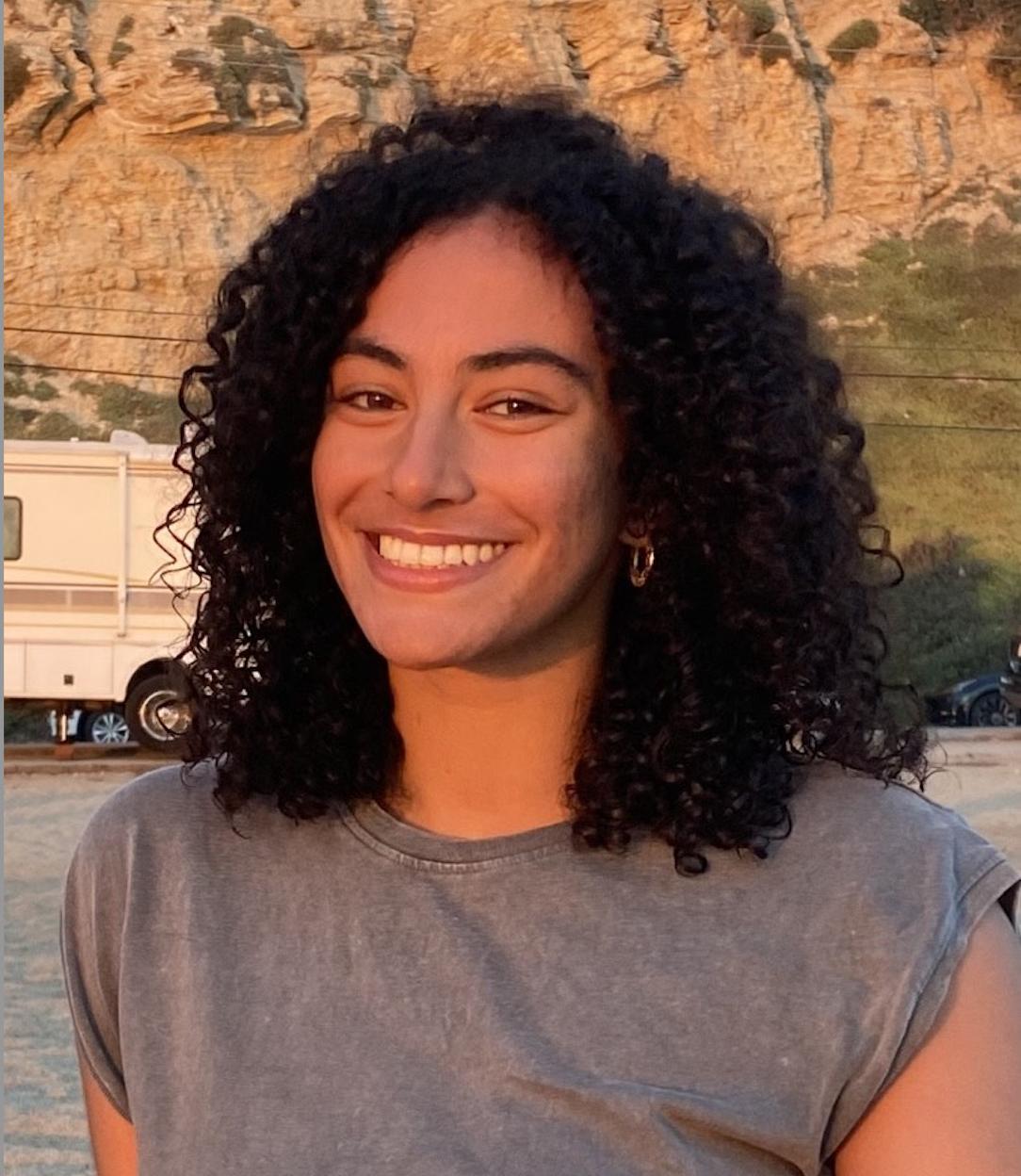
Nancy Mahmoud is SEEDS fellow and third year biopsychology major at UCSB. During the 2023-2024 academic year, Nancy worked alongside Fatima Aguilar in the bionic vision lab led by Dr. Michael Beyeler as well as Lily Turkstra, Lucas Nadolskis and Dr. Ebenezer Larnyo. This project focused on bridging the dialogue between researchers and implantees of future visual prosthetics, in hopes of advancing the design of implants.
Navigating Dementia: Insights from Reddit on Symptoms, Caregiving, and Community Support
Natasha Preece
Undergraduate SEEDS Fellow
Department of Global Studies
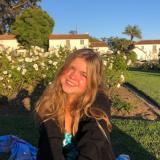
SEEDS fellow Natasha Preece, a Global Studies major, has been working on a research project that utilizes social media as a means to enhance and expand the understanding of the needs of individuals affected by dementia as well as their caregivers. The results aim to inform targeted healthcare and policy interventions to provide the necessary support for those who are navigating dementia.
Simulating Fully Temporal LIF Networks: Preliminary Insights into NLSE and NLDE Approximations
Arnav Kumar
Undergraduate SEEDS Fellow
Department of Computer Science
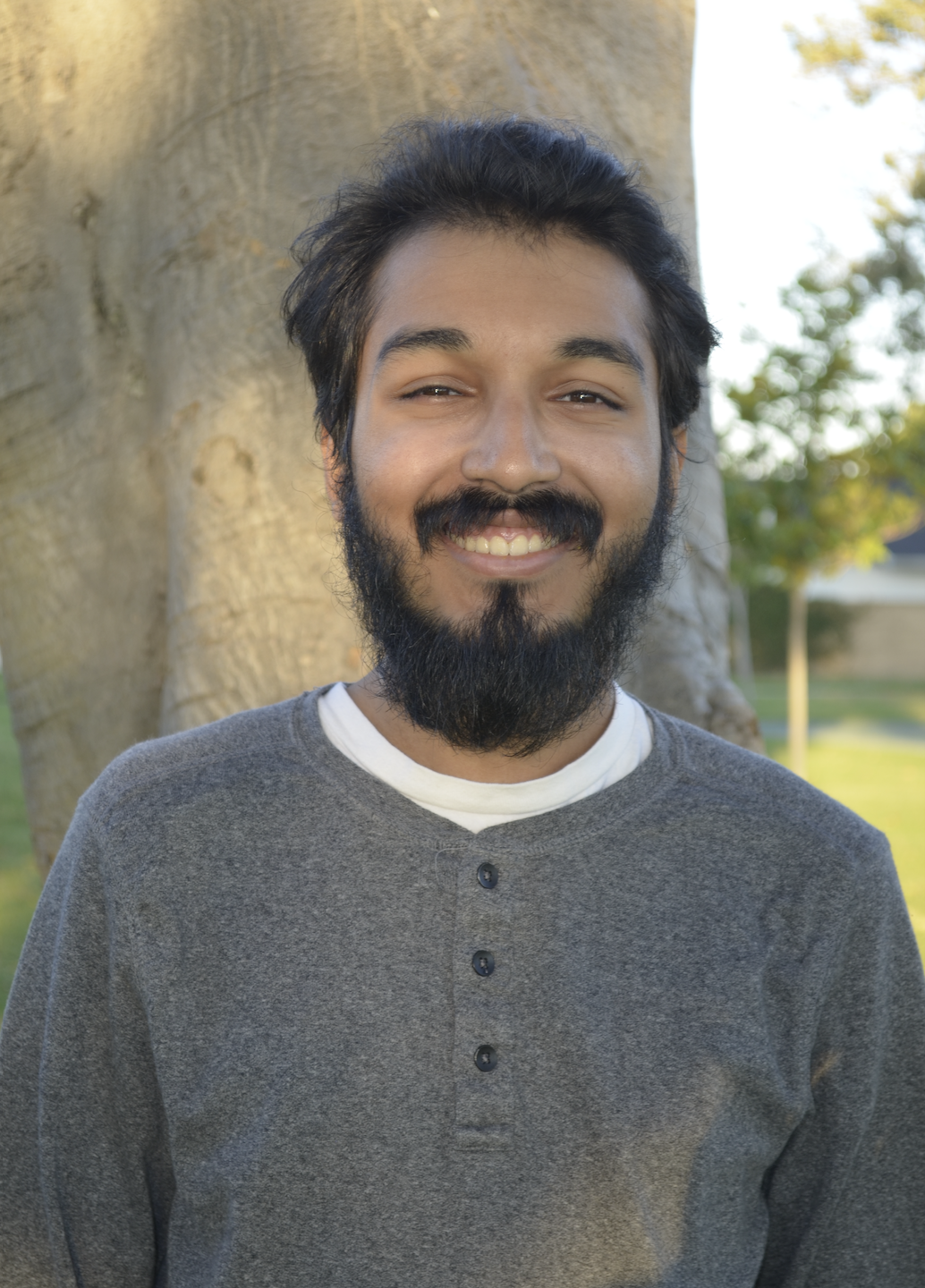
Arnav Kumar is currently majoring in Computer Science at UCSB and has a deep interest in computer architecture, compiler theory, and distributed systems. His research work during the 2023-2024 academic year took place at UCSB's ArchLab, building on its previous work in the field of neuromorphic computing, which aims to bridge the gap between the modern artificial neuron and biological neurons. In the process, he helped optimize important theoretical models through practical simulations. He also worked to improve the tool that makes these simulations. The results will be used to build and verify larger neural network architectures that are closer to being biologically plausible in functionality.